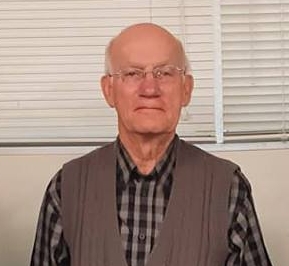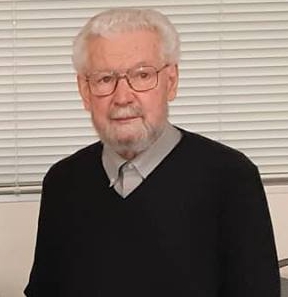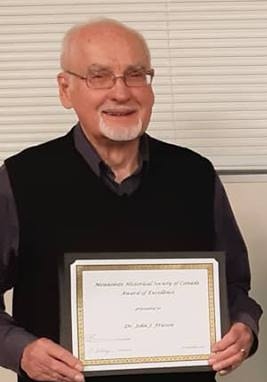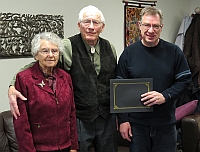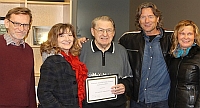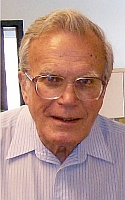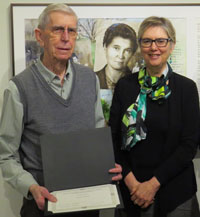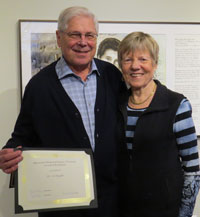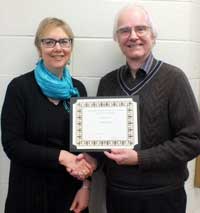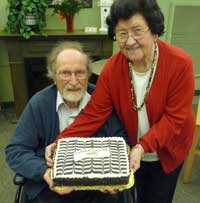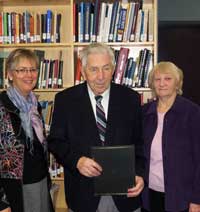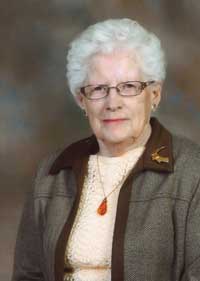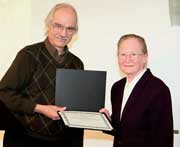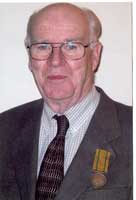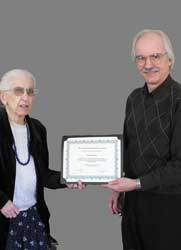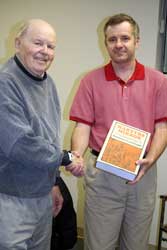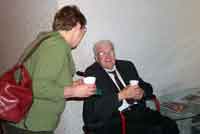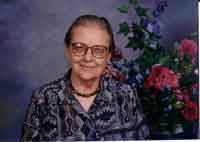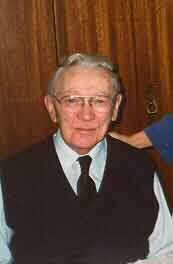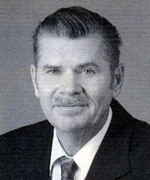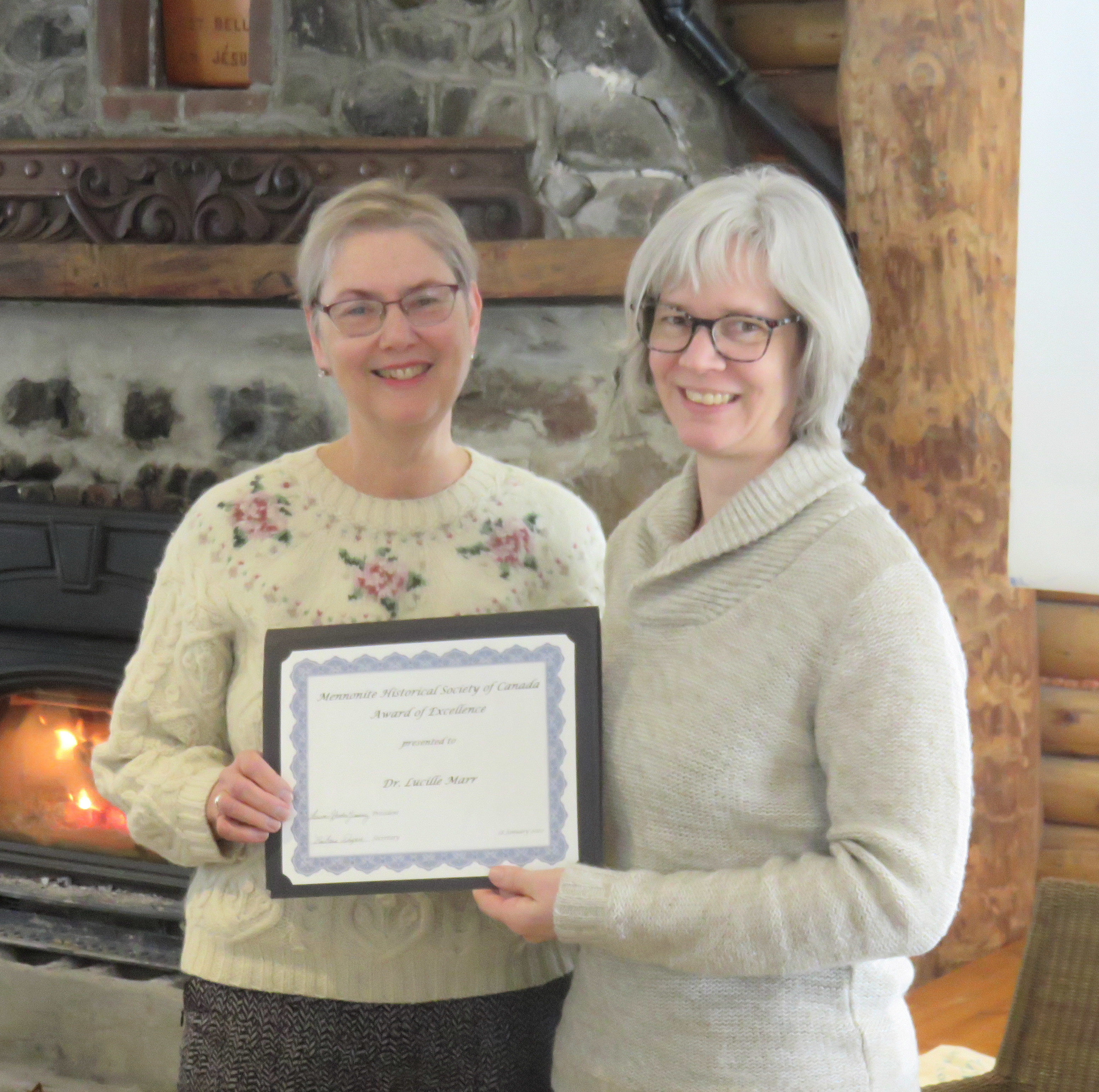
The Mennonite Historical Society of Canada
is pleased to present its 2020 Award of Excellence to:
Lucille Marr
Dated this 18th day of January 2020
Camp Peniel, Québec
The Mennonite Historical Society of Canada is pleased to present the 2020 Award of Excellence to Lucille Marr for her contributions in research, writing and teaching. Through her work in all three areas she has furthered our understandings of the history of Mennonites and Brethren in Christ in Canada. The Society notes also her service to MHSC, and her role in the founding and ongoing work of the Société d’histoire mennonite du Québec.
Lucille was born and raised in Ontario in a Brethren in Christ family. She followed her dream to study history at the University of Waterloo, where she went on to graduate studies in Canadian church history and received her PhD. She was both inspired and supervised by Canadian Mennonite historian Frank H. Epp.
Lucille transferred her membership to the Mennonite Church after her marriage to Jean-Jacques Goulet, a Mennonite pastor. The family moved to Alberta where Lucille taught history and women’s studies at Augustana University College from 1992-2001.
Moving to Montreal in 2001, she shifted vocations to serve as pastor at Mennonite Fellowship of Montreal for 10 years. Her pastoral ministry included working with students, both in the congregation and at McGill University where she taught Canadian Church History and Women in the Christian Tradition for the Faculty of Religious Studies and the Montreal School of Theology. In 2013, her ministry shifted from congregational ministry, when she was appointed Chaplain and Academic Dean at The Presbyterian College, Montreal, also part of the Montreal School of Theology.
Since 2004, Lucille has been a member of the Mennonite Historical Society of Canada, serving for many years as secretary and then as president from 2013-2016. In conjunction with Mennonite Central Committee Quebec, she organized the Société d’histoire mennonite du Québec.
Among her other commitments, she has served as president of the Canadian Society of Church History. Along with publications in a variety of Canadian historical journals including Journal of Mennonite Studies, she is a frequent contributor to the journal Brethren in Christ History & Life. In these and other contexts, she has given voice to the historical lives of Mennonites and Brethren in Christ, including women, of different eras and thoughtfully addressed challenging topics such as Indigenous issues, mental illness and historic peace traditions. She has written with insight about the history of church institutions and the people that animate them. Examples of this approach are found in her books The Transforming Power of a Century, a history of Mennonite Central Committee Ontario, and Alice Snyder’s Letters from Germany (co-authored with her daughter Dora-Marie Goulet) about an MCC worker in post-war Germany. Her recent historical interests include Mennonite Brethren women’s groups in Quebec and Brethren in Christ mission work in Zimbabwe. Lucille is regarded as a stimulating conversation partner and mentor to other historians, to whom she has modeled historical discipline, love of her subject, and the passionate pursuit of a good and meaningful story.
